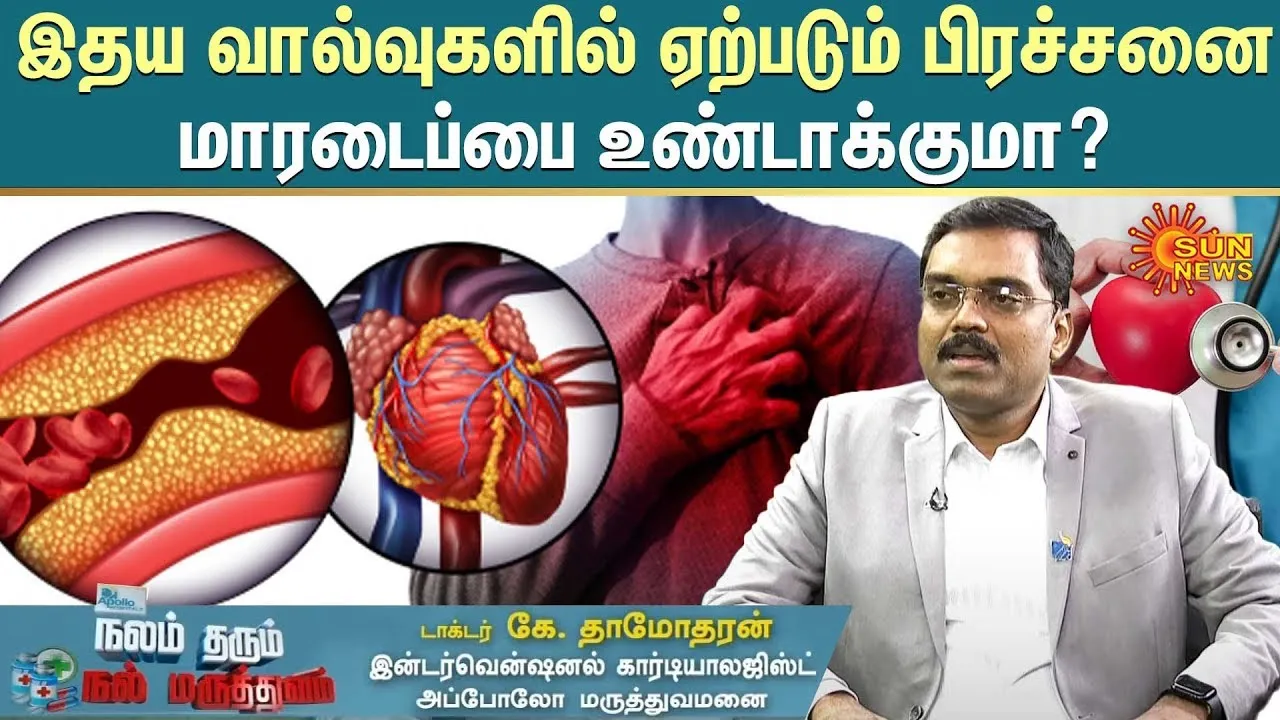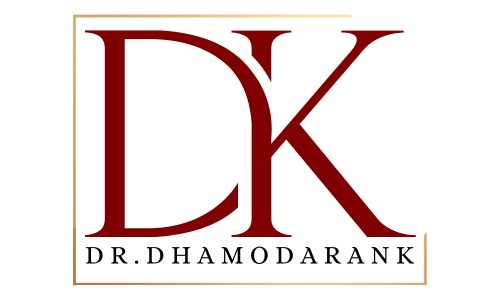 13 December, 2024
13 December, 2024
Coronary Angioplasty in Chennai: A Comprehensive Guide for Heart Health
Heart health has become a significant concern worldwide, including in Chennai, where lifestyle changes have led to a rise in cardiovascular diseases. Factors such as stress, sedentary habits, and unhealthy diets contribute to issues like coronary artery disease (CAD). Thankfully, advanced medical procedures like Coronary Angioplasty provide hope for patients by addressing blockages in coronary arteries and restoring blood flow to the heart.
In this blog, we will delve into the intricacies of coronary angioplasty, its benefits, the process, and where to find expert care in Chennai under the guidance of Dr. Dhamodaran K, a leading interventional cardiologist.
What is Coronary Angioplasty?
Coronary Angioplasty, also known as percutaneous coronary intervention (PCI), is a minimally invasive procedure designed to treat narrowed or blocked coronary arteries. These arteries are vital for supplying oxygen-rich blood to the heart. When blockages occur due to plaque buildup (atherosclerosis), blood flow is restricted, leading to symptoms like chest pain, breathlessness, and fatigue.
During angioplasty, a thin catheter with a balloon at its tip is inserted into the blocked artery. The balloon is inflated to widen the artery, and in most cases, a stent (a small wire mesh tube) is placed to keep the artery open and ensure long-term blood flow.
Why Do Patients Need Coronary Angioplasty?
Coronary angioplasty is typically recommended for individuals suffering from:
- Chronic Stable Angina: Persistent chest pain triggered by physical exertion or stress due to reduced blood flow.
- Heart Attack (Acute Myocardial Infarction): A life-threatening condition where immediate blood flow restoration is critical to prevent permanent damage to the heart muscle.
- Coronary Artery Disease (CAD): A condition characterized by narrowed or blocked arteries, often diagnosed through an angiogram.
- Restenosis: Recurrence of artery narrowing after a prior angioplasty or bypass surgery.
- High-Risk Cases: Severe blockages identified through diagnostic tests, even in the absence of symptoms, to prevent future cardiac events.
Benefits of Coronary Angioplasty
- Rapid Symptom Relief: Angioplasty effectively reduces symptoms like chest pain (angina) and breathlessness by restoring blood flow.
- Minimally Invasive Approach: The procedure involves small incisions, reducing recovery time and minimizing scarring.
- Improved Quality of Life: Patients can resume daily activities and enjoy a better lifestyle with improved heart function.
- Prevention of Heart Attacks: Early intervention reduces the risk of future cardiac events by addressing blockages before they become critical.
- Short Hospital Stay: Most patients can return home within a day or two, allowing them to recover in a familiar environment.
The Coronary Angioplasty Process
Pre-Procedure Preparation
Before undergoing coronary angioplasty, patients are evaluated through a series of diagnostic tests:
- Electrocardiogram (ECG): To assess heart rhythm and detect abnormalities.
- Echocardiogram: To evaluate heart structure and function.
- Angiogram: A specialized X-ray procedure using contrast dye to identify blockages in coronary arteries.
During the Procedure
- Local Anesthesia: The procedure is performed under local anesthesia to ensure patient comfort.
- Catheter Insertion: A catheter is inserted into a blood vessel, usually through the wrist or groin, and guided to the blocked artery.
- Balloon Inflation: A balloon at the tip of the catheter is inflated to compress the plaque and widen the artery.
- Stent Placement: In most cases, a stent is deployed to keep the artery open and prevent re-narrowing.
Post-Procedure Care
- Patients are monitored for a few hours or overnight to ensure there are no complications.
- Medications, including antiplatelet drugs, are prescribed to prevent blood clots and promote healing.
- Lifestyle changes, such as a heart-healthy diet, regular exercise, and stress management, are essential for long-term success.
Risks Associated with Coronary Angioplasty
While angioplasty is generally safe, there are some risks, including:
- Bleeding or bruising at the catheter insertion site.
- Allergic reactions to contrast dye.
- Blood vessel damage during the procedure.
- Rare complications like blood clots or heart attack.
Choosing an experienced interventional cardiologist significantly minimizes these risks.
Coronary Angioplasty in Chennai: Expert Care with Dr. Dhamodaran K
For individuals in Chennai, Dr. Dhamodaran K is a trusted name in interventional cardiology. With years of experience in performing complex coronary angioplasty procedures, he offers personalized care to ensure the best possible outcomes.
Frequently Asked Questions (FAQs) About Coronary Angioplasty
1. What is the recovery time after coronary angioplasty?
Recovery time is typically short. Most patients can resume normal activities within a week, but strenuous activities should be avoided for a few weeks.
2. How long does the stent last?
Stents are designed to be permanent. However, lifestyle changes and medications are crucial to ensure they remain effective and prevent restenosis.
3. Is coronary angioplasty painful?
The procedure is minimally invasive and performed under local anesthesia. Patients may feel slight pressure but no significant pain.
4. What lifestyle changes are recommended after angioplasty?
Adopting a heart-healthy lifestyle is essential, including:
- Eating a balanced diet low in saturated fats and cholesterol.
- Regular exercise.
- Quitting smoking and limiting alcohol intake.
- Managing stress effectively.
5. Can angioplasty be repeated if necessary?
Yes, angioplasty can be performed again if new blockages develop or if restenosis occurs.
6. Are there alternatives to angioplasty?
Alternatives include medications, lifestyle changes, and, in severe cases, coronary artery bypass grafting (CABG).
7. What is the cost of coronary angioplasty in Chennai?
Costs vary depending on the hospital, the complexity of the procedure, and the type of stent used. It’s best to consult the doctor or hospital for detailed estimates.
8. Can I travel after coronary angioplasty?
Travel is generally safe after a week or two, but it’s advisable to consult your doctor, especially for long-haul flights.
Consultation Details for Dr. Dhamodaran K
Sidharam Multispeciality Clinic
- Address: Old #2, New #4, Canal Bank Road, Gandhi Nagar, Adyar, Chennai, Tamil Nadu 600020
- Working Hours: Monday to Thursday, 6 PM – 9 PM
Apollo Hospitals – Greams Road
- Address: Apollo 247, Apollo Hospitals Greams Road, Chennai
- Working Hours: Monday to Saturday, 10 AM – 4 PM
- Contact: +91 96001 07057
For expert care and consultation, visit Dr. Dhamodaran K at these locations and take the first step toward better heart health.
 +91 96001 07057
+91 96001 07057 Sidharam Heart Clinic Adyar, Gandhi Nagar, Canal Bank Road, Opp.St.Louis School, Adyar, Chennai, Tamil Nadu 600020
Sidharam Heart Clinic Adyar, Gandhi Nagar, Canal Bank Road, Opp.St.Louis School, Adyar, Chennai, Tamil Nadu 600020
